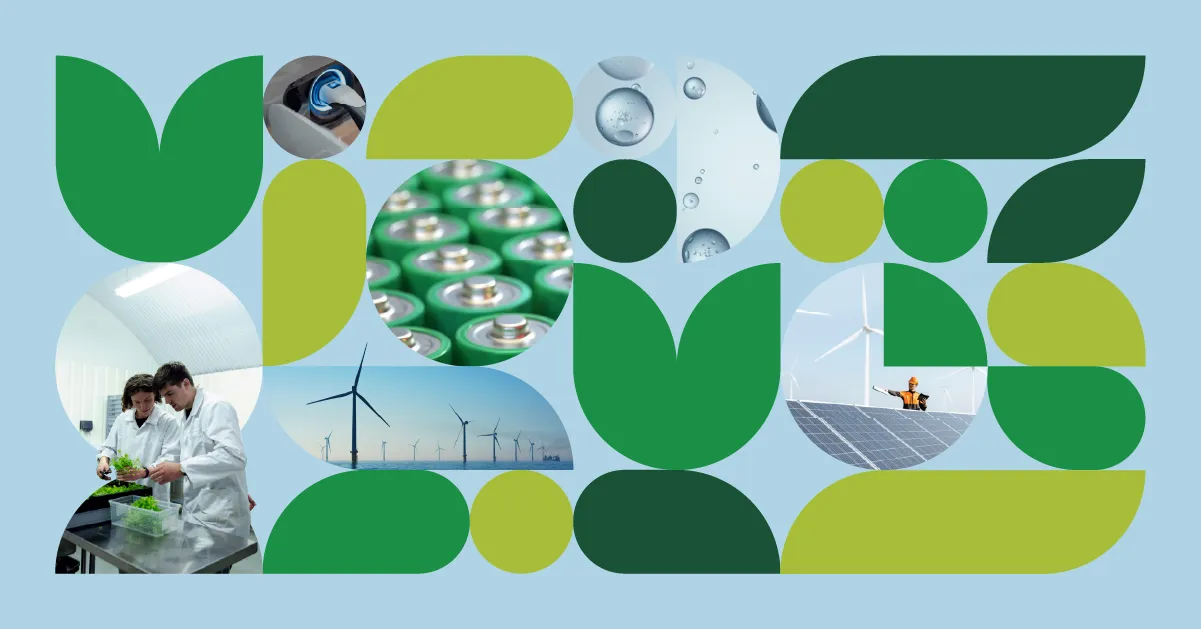Lithuania is steadily carving its niche as a hub for circular bioeconomy and sustainable growth. In a world where resource efficiency and waste to value models are becoming central to climate goals, Lithuania’s life science, biotech and agritechnology sectors are stepping up. In 2020, Lithuania’s bioeconomy generated approximately €4.2 billion in value-added, accounting for 8.4% of GDP. With strong policy alignment toward the EU’s green transition and growing investor interest in cleaner, biologically based production, the country is an increasingly attractive option for those seeking to invest in Lithuania in circular economy and bioeconomy ventures.
What is Circular Bioeconomy and why it matters
At its core, a circular economy (especially a circular bioeconomy) means turning waste into resources, maintaining materials in the loop longer, and using biological systems smartly for production. It emphasizes resource efficiency, recycling biomass, waste valorisation, and biobased manufacturing of chemicals, fuels, materials, and food. The European Commission’s definition of the bioeconomy captures this: “production of renewable biological resources and the conversion of these resources and waste streams into value-added products”.
Globally, demand is surging for sustainable alternatives across agriculture, biotech, and manufacturing. Investors seeking sectors aligned with ESG priorities will find opportunities in circular bioeconomy models – from bioplastics, advanced fertilizers, to scaleable biomanufacturing of enzymes or specialty molecules.
Lithuania’s strength in Life Sciences and Biotech
Lithuania’s Biotech and Life Sciences ecosystem is growing fast backed by significant private investment and strong institutional support. A headline example is the €7 billion BIO CITY life sciences hub in Vilnius, which includes gene therapy, molecular biotechnology, and GMP manufacturing complexes.
Global names like Thermo Fisher Scientific and Teva already operate in Lithuania, contributing to a vibrant cluster in biologics, diagnostics, and personalized medicine. Lithuania’s alignment of research, infrastructure, and partnerships with industry positions it strongly for further biotech growth and lets it punch above its weight in Europe.
For investors, these foundations make investing in Lithuania’s biotech more compelling – less greenfield risk, more ecosystem leverage.
Biomanufacturing – Lithuania’s competitive edge in Europe
Biomanufacturing refers to scaling up biotech innovations into industrial processes – producing enzymes, biomolecules, cellular products, or bio-based chemicals at commercial scale. In the circular bioeconomy, this is how lab science becomes real-world impact.
Lithuania is competently positioned for biomanufacturing in Europe: it combines relatively lower operational costs with EU supply chain access and regulatory advantage. Investors can benefit from proximity to major EU markets, lower labor costs, and existing infrastructure in life sciences zones. With biomanufacturing in Lithuania scaling up, foreign firms gain a route to manufacture sustainably while minimizing trade frictions and tariff barriers.










